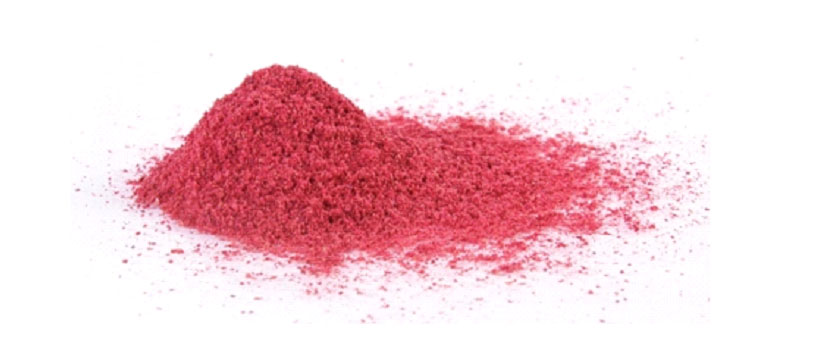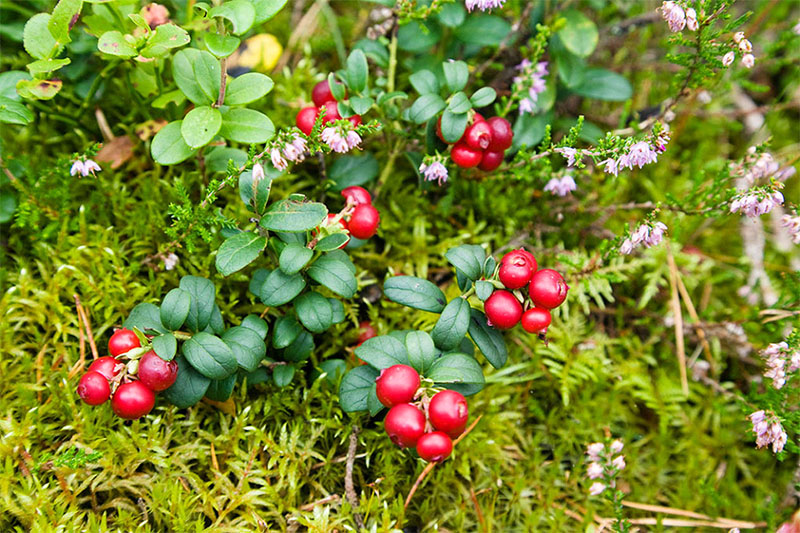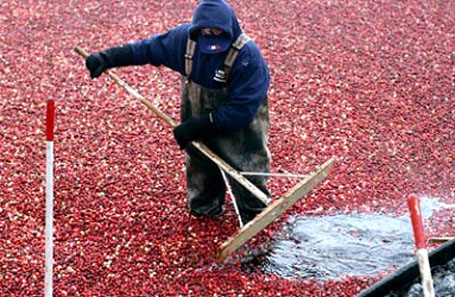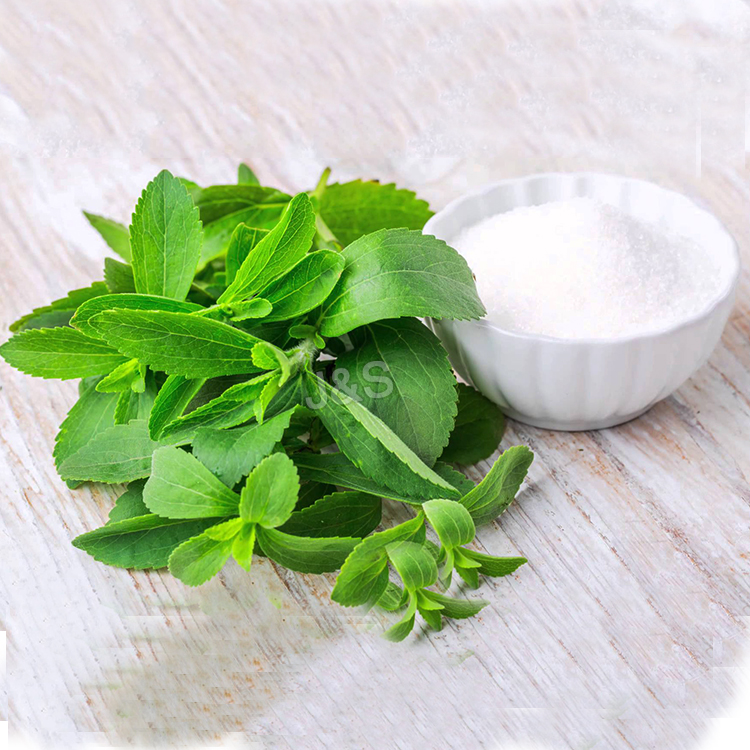Best quality and factory Cranberry Extract Factory from South Korea
Best quality and factory Cranberry Extract Factory from South Korea Detail:
[Latin Name] Vaccimium Macrocarpon L
[Plant Source] North America
[Specifications] 3% – 50% PACs.
[Test method] Beta-smith, DMAC, HPLC
[Appearance] Red fine powder
[Plant Part Used] Cranberry fruits
[Particle size] 80 Mesh
[Loss on drying] ≤5.0%
[Heavy Metal] ≤10PPM
[Pesticide residue] EC396-2005, USP 34, EP 8.0, FDA
[Storage] Store in cool & dry area, keep away from the direct light and heat.
[Shelf life] 24 Months
[Package] Packed in paper-drums and two plastic-bags inside.
[Gereral feature]
1. 100% extract from Cranberry fruit, passed ID test from the 3rd part like ChromaDex. Alkemist Lab;
2. Pesticide residue: EC396-2005, USP 34, EP 8.0, FDA;
3. The standard of the heavy mental is strictly according to the pharmacopoeia like USP, EP, CP;
4.Our company import the raw material directly from Canada and America;

5. Good water solubility, the price is reasonable
[What is cranberry]
Cranberries are a group of evergreen dwarf shrubs or trailing vines in the subgenus Oxycoccus of the genus Vaccinium. In Britain, cranberry may refer to the native species Vaccinium oxycoccos,while in North America, cranberry may refer to Vaccinium macrocarpon. Vaccinium oxycoccos is cultivated in central and northern Europe, while Vaccinium macrocarpon is cultivated throughout the northern United States, Canada and Chile. In some methods of classification, Oxycoccus is regarded as a genus in its own right.They can be found in acidic bogs throughout the cooler regions of the northern hemisphere.
Cranberries are low, creeping shrubs or vines up to 2 metres long and 5 to 20 centimetres in height; they have slender, wiry stems that are not thickly woody and have small evergreen leaves. The flowers are dark pink, with very distinct reflexed petals, leaving the style and stamens fully exposed and pointing forward. They are pollinated by bees. The fruit is a berry that is larger than the leaves of the plant; it is initially light green, turning red when ripe. It is edible, with an acidic taste that can overwhelm its sweetness.
Cranberries are a major commercial crop in certain American states and Canadian provinces. Most cranberries are processed into products such as juice, sauce, jam, and sweetened dried cranberries, with the remainder sold fresh to consumers. Cranberry sauce is a traditional accompaniment to turkey at Christmas dinner in the United Kingdom and Thanksgiving dinners in the United States and Canada.
[Function]
UTI protection, Prevent and treat urinary tract infections
Guard against cardiovascular diseases
Eliminate eye fatigue, curing eye diseases
Anti- aging
Cancer risk reduction
Product detail pictures:

Related Product Guide:
While in the past few years, our organization absorbed and digested innovative technologies both equally at home and abroad. Meanwhile, our organization staffs a group of experts devoted for the advancement of Best quality and factory Cranberry Extract Factory from South Korea , The product will supply to all over the world, such as: Mali, Portugal, Dominica, Being guided by customer demands, aiming at improving the efficiency and quality of customer service, we constantly improve products and provide more comprehensive services. We sincerely welcome friends to negotiate business and start cooperation with us. We hope to join hands with friends in different industries to create a brilliant future.
https://www.nutritionforest.com/flax-seed-oil.html
https://www.nutritionforest.com
Nutrition Forest – Flax Seed Oil Organic Softgel 1000mg
Flax seeds have been consumed as food for around 6,000 years and may have very well been the worlds first cultivated superfood! Flax seed benefits could help you improve digestion, give you clear skin, lower cholesterol, reduce sugar cravings, hearth support, eye comfort, balance hormones, fight cancer and promote weight loss… and that’s just the beginning!
Nutrition Forest – Organic Flax Seed Benefits
1. High in Fiber, but Low in Carbs
One of the most extraordinary benefits of flax seeds is that they contain high levels of mucilage gum content. Mucilage is a gel-forming fiber that is water soluble and has incredible benefits on the intestinal tract.
The mucilage can keep food in the stomach from emptying too quickly into the small intestine which can increase nutrient absorption.
Also, flax is extremely high in both soluble and insoluble fiber which can support colon detoxification, fat loss and reduce sugar cravings.
You should aim to consume 30-40 g of high fiber foods daily.
2. Healthy Skin and Hair
If you want healthier skin, hair and nails then consider adding 2 tbsp of flax seeds to your smoothie or 1 tbsp of flax seed oil to your daily routine.
The ALA fats in flax seeds benefits the skin and hair by providing essential fats as well as b-vitamins which can help reduce dryness and flakiness. It can also improve symptoms of acne, rosacea, and eczema. This also applies to eye health as flax can reduce dry eye syndrome.
Flax seed oil is another great option since it has an even higher concentration of healthy fats. You can take 1-2 tbsp internally to hydrate skin and hair. It can also be mixed with essential oils and used as a natural skin moisturizer.
3. Weight Loss
A study published in the Journal of Nutrition found that flaxseeds and walnuts may improve obesity and support weight loss.
Since flax is full of healthy fats and fiber, it will help you feel satisfied longer so you will eat fewer calories overall which may lead to weight loss. ALA fats may also help reduce inflammation.
This is important for weight loss in that an inflamed body will tend to hold on to excess weight. Add a couple of teaspoons of ground flaxseed to soups, salads, or smoothies as part of your weight loss plan.
4. Lower Cholesterol
The journal of Nutrition and Metabolism found that adding flax seeds into your diet can naturally reduce cholesterol levels.
The soluble fiber content of flax seeds trap fat and cholesterol in the digestive system so that it unable to be absorbed. Soluble fiber also traps bile, which is made from cholesterol in the gallbladder.
The bile is then excreted through the digestive system, forcing the body to make more, using up excess cholesterol in the blood and lowering cholesterol overall.
5. Flaxseeds are Gluten-Free
Using flax is a great way to naturally replace gluten-containing grains which are inflammatory where flax is anti-inflammatory. So, flax seeds are great for those who have Celiac disease or have a gluten-sensitivity. They may also be a good alternative to omega-3 fats in fish for people with a seafood allergy.
Another great aspect of flax being gluten-free is that it can be used as a grain-free option in cooking. I will often use it along with coconut flour in baking at home.
flax seed weight loss
how to eat flax seed
flax seed benefits
flax seed side effects
flax seed recipes
flax seed health benefits
flax seed powder
flax seed bread
flax seed benefits for hair
flax seed benefits weight loss
flax seed benefits for skin
flax seed benefits hair growth
flax seed benefits and side effects
flax seed recipes
flax seed weight loss
flax seed benefits
how to eat flax seed
flax seed recipes
flax seed oil
ground flax seed nutrition
flax seed meal
how to grind flax seed
flaxseed oil uses for skin
flaxseed oil weight loss
flaxseed oil uses for hair
flaxseed oil uses cooking
flaxseed oil side effects
flaxseed oil uses and benefits
flaxseed oil uses side effects
flaxseed oil interactions
“what seeds are good for weight loss”
“are seeds good for weight loss”
“can you lose weight with flaxseed”
“flax seed benefits for weight loss”
“flax seed benefits weight loss”
“flax seeds whole or ground”
“flaxseed oil vs flax seeds”
“flax seed whole or ground”
“image of flax seeds”
“flaxseed oil weight”
“grind flax seed”
“flax seed information”
“how to lose weight with flax seeds”
“health benefits flaxseed”
“how healthy is flax seed”
“flax and weight loss”
“is flax healthy”
“how to lose weight and eat healthy”
“eat flax seeds”
“flax seed what is it good for”
“what are flaxseed good for”
“seeds for weight loss”
“how do i ground flax seeds”
Why wait Order now :
https://myrainoffice.com/enroll/self_enroll_pc.php?sponsor=125969
Information :
www.rainsoul2u.com
call & delivery +6013-373 0101
https://www.myrainlife.com/johnnylee
https://www.facebook.com/rainsoul2u
What is Rain Soul ?
Rain Soul Powerful Antioxidants & Essential Fatty Acids to energize, revitalize, detoxify your mind, body & soul. Black cumin seed, Black raspberry seed, Grape seed, Ribose-D, Resveratrol.
富 含 抗 氧 化, 人 体 内 必 需 脂 肪 酸, 帮 助 人 脑 和 身 体 排 毒. 古 书 记 载 黑 小 茴 香 除 了 无 法 起 死 回 生, 种 籽 可 做 为 每 种 疾 病 的 治 疗 药 物.
Dr Otto Heinrich Warburg (Germany)
Nobel Prize in Medicine 1931 : Biochemist
The body requires special fats that, among other important functions. make it possible for sufficient oxygen to reach the cells via the cellular membranes. Which are the key, These special fats are highly oxygen-absorbing. Called Essential Fatty Acids, or EFAs, these special fats must be supplied from outside the body every day.
Black raspberry seed :
Contain antioxidant-like phytonutrients including ellagitannins and anthocyanins. These may help fight viruses, inflammation, and a number of other serious health conditions. Antioxidants seek out and eliminate cell-damaging substances, called free radicals. Free radicals can occur naturally in the body or from exposure to environmental toxins. Although ellagitannins exist in most berries, raspberries contain the the most potent levels.
Black raspberry seed :
Contain antioxidant-like phytonutrients including ellagitannins and anthocyanins. These may help fight viruses, inflammation, and a number of other serious health conditions. Antioxidants seek out and eliminate cell-damaging substances, called free radicals. Free radicals can occur naturally in the body or from exposure to environmental toxins. Although ellagitannins exist in most berries, raspberries contain the the most potent levels.
Grape seed :
Grape seeds have an abundant source of flavonoids called proanthocyanidins. This is important for brain health due to their free radical-quenching antioxidant and collagen-protecting effects. Proanthocyanidins have also been shown to noticeably delay the onset of lipid peroxidation and to effectively chelate iron ions. Free iron ions are some of the most powerful promoters of lipid peroxide, hydrogen peroxide and hydroxyl radical production. This is a major contributor to the pathogenesis of Parkinsons disease, one of the most common neurological diseases in older individuals.
Ribose-D :
Ribose-D is a five-carbon sugar found in every cell in our bodies that combines with oxygen and ATP (adenosine triphoshate) to give energy to each cell. Ribose is also present in RNA (ribonucleic acid), which is one of the main information carriers of living organisms. Oxidative stress, as measured by free radical damage to cells, leads to systematic inflammation. Fortunately, our bodies handle this problem daily. However, if our bodies experience an abnormal increase in free radicals due to exercise, daily stress, excess smoking, excess saturated fat intake, depressed immune system, aging, etc., the body becomes fatigued and less efficient in producing Ribose-D to replenish cellular energy. Because of this, we need to supplement with Ribose-D in order to regenerate the cells energy system.
Grape Extracts Resveratrol :
Grape skin extract contains trans-resveratrol which is considered a natural antibiotic that can fight bacterial diseases. Resveratrol may help protect the body from various diseases and slowing down the aging process.
BUY NOW RAIN SOUL :
Rain International . rain soul Asia . rain soul North America . rain soul Canada . rain soul United States . rain soul USA . rain soul Europe . rain soul Germany . rain soul United Kingdom . rain soul Croatia . rain soul Hungary . rain soul Romania . rain soul Serbia . rain soul Slovakia . rain soul Asia . rain soul China . rain soul Hong Kong . rain soul Indonesia . rain soul Japan . rain soul Malaysia . rain soul Philippines . rain soul Singapore . rain soul Brunei . rain soul Taiwan . rain soul Thailand . rain soul Shanghai
BUY NOW RAIN CORE :
Rain International . rain core Asia . rain core North America . rain core Canada . rain core United States . rain core USA . rain core Europe . rain core Germany . rain core United Kingdom . rain core Croatia . rain core Hungary . rain core Romania . rain core Serbia . rain core Slovakia . rain core Asia . rain core China . rain core Hong Kong . rain core Indonesia . rain core Japan . rain core Malaysia . rain core Philippines . rain core Singapore . rain core Brunei . rain core Taiwan . rain core Thailand . rain core Shanghai
How to order rain soul . how to buy rain soul . buy rain soul . rain nutrition . rain soul how to buy . be a rain soul distributor .
God is Good & Great…!!!
Jesus Bless You & Love You…!!!
Product quality is good, quality assurance system is complete, every link can inquire and solve the problem timely!







